Molecular Diagnostics

Multiplex PCR Developed for Neglected Infectious Diseases
Scrub typhus, murine typhus, and leptospirosis are diagnosed as acute undifferentiated febrile illness. Diagnostic tests for these diseases depend on antibody detection. However, antibody detection is still limited by its tendency to return negative results during the early phase of these diseases. More...01 Aug 2019
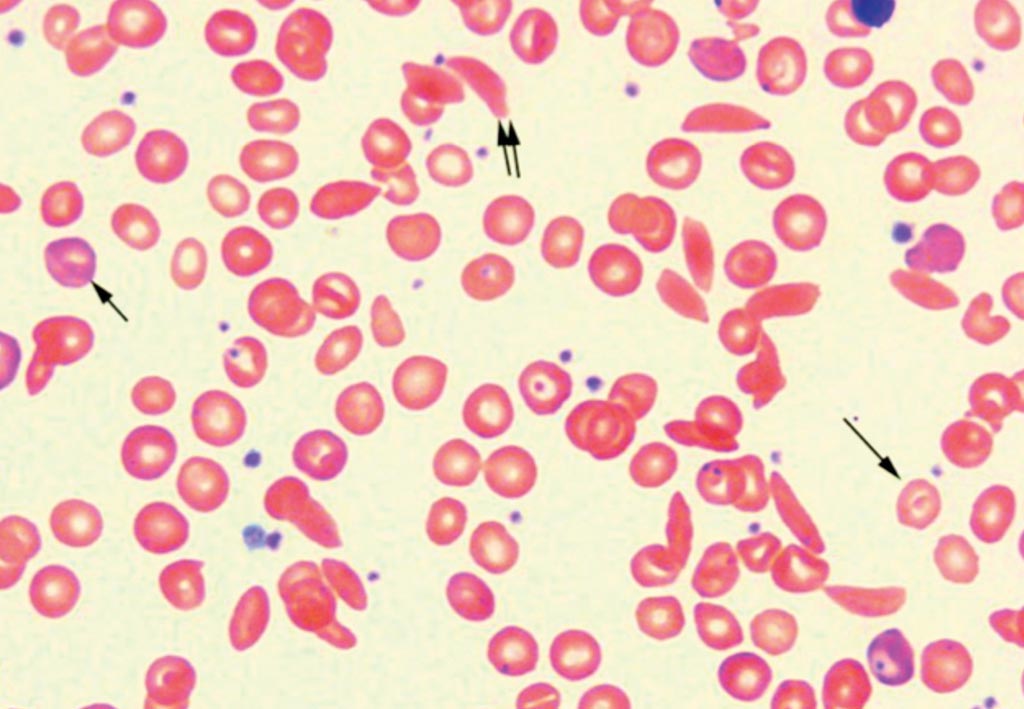
Noninvasive Prenatal Test Developed for Sickle Cell Disease Risk
Sickle cell disease (SCD) is an autosomal recessive disease, meaning that a child has to inherit two mutated copies of the hemoglobin gene to develop it, one from each parent. If both parents have sickle cell trait, there is a 25% chance the child will have SCD. More...01 Aug 2019

Gene Linked to Severe Liver Damage
Nonalcoholic fatty liver disease (NAFLD) is a chronic, frequently progressive condition resulting from excessive accumulation of fat in hepatocytes. Nonalcoholic steatohepatitis (NASH) is a clinically advanced form of NAFLD characterized by hepatic inflammation with or without scarring that is associated with increased liver-related morbidity and mortality. More...31 Jul 2019
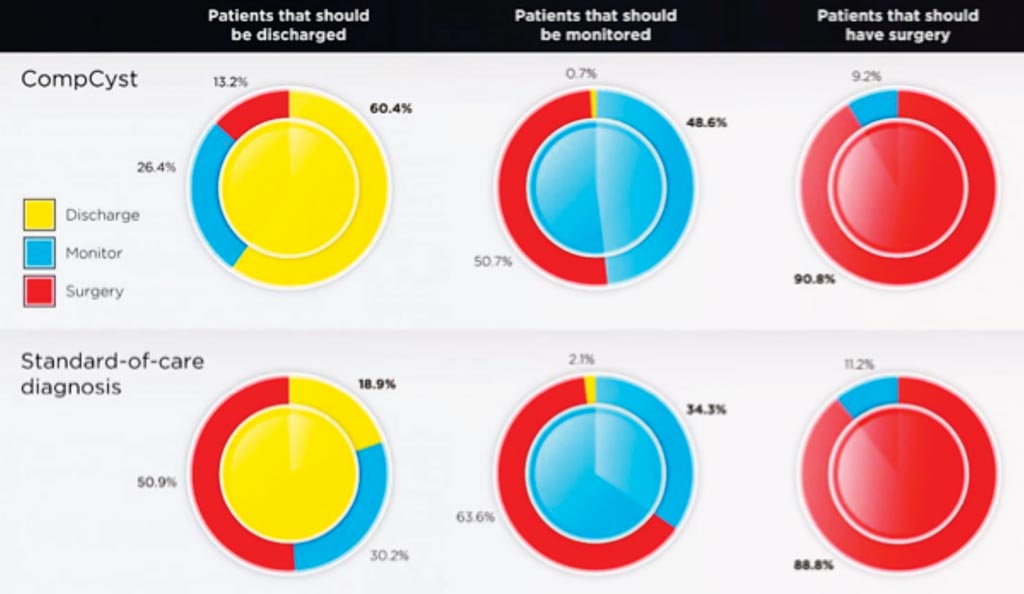
Test Improves Accuracy in Identifying Precancerous Pancreatic Cysts
Pancreatic cysts are common and often pose a management dilemma, because some cysts are precancerous, whereas others have little risk of developing into invasive cancers. Early, accurate detection of pancreatic cancer is a high priority. More...30 Jul 2019
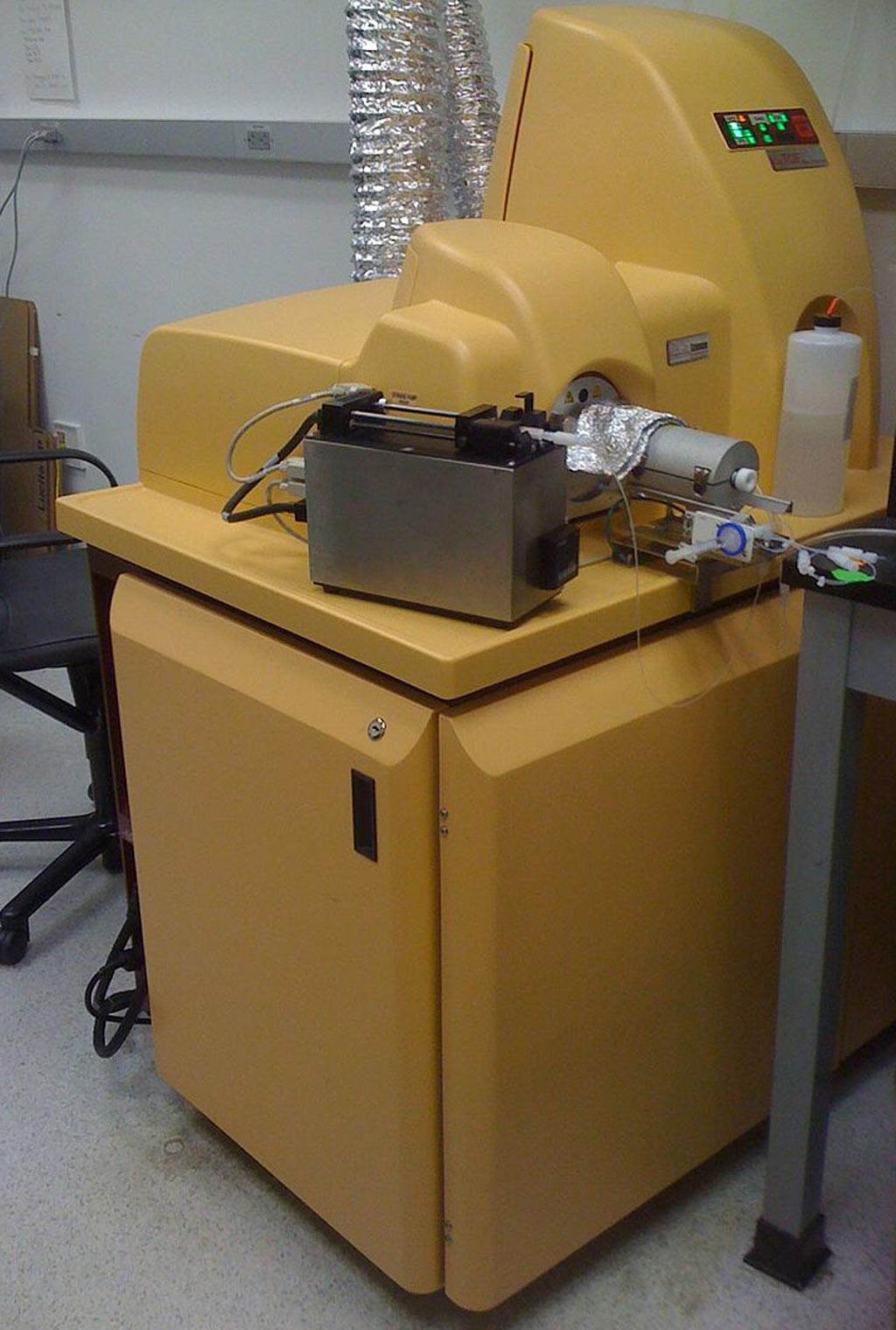
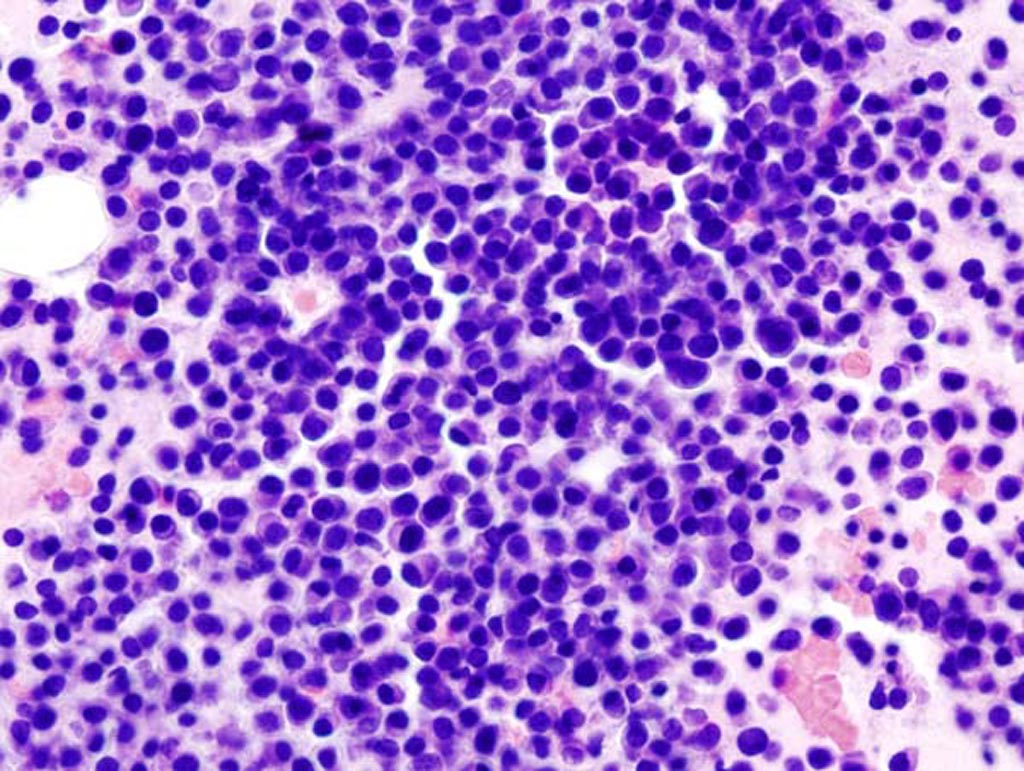
Annual Blood Tests Recommended for Patients with MGUS
Individuals with low-risk or intermediate-risk monoclonal gammopathy of undetermined significance (MGUS) can convert to high-risk MGUS and progress to multiple myeloma within five years, a finding that supports the need for annual blood testing and risk assessment for all individuals with MGUS or light-chain MGUS. More...29 Jul 2019
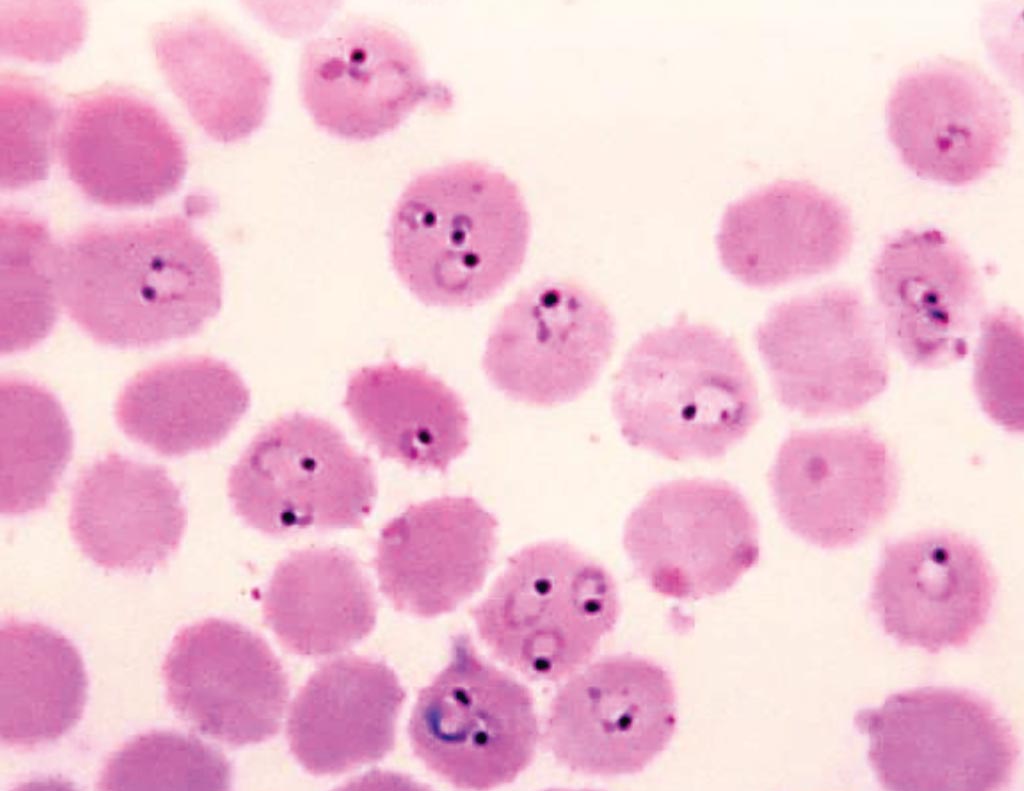
Gene Deletions Affect Rapid Diagnostic Tests for Malaria
Prompt and accurate diagnosis of malaria is crucial for malaria case-management and control and elimination programs. While malaria diagnosis was historically based on symptoms alone, guidelines state that parasite-based diagnosis of malaria should be confirmed before treatment is given. More...25 Jul 2019
In Other News
GWAS Links Novel Loci to Peripheral Artery Disease Risk
Genetic Changes Linked to Leukemia in Down’s Syndrome Children
Next-Generation Sequencing Identifies Monogenic Diabetes
Metabolomics-Based Blood Test Used for Diagnosis of NSCLC
Biomarker Predicts Ability of Endurance Training to Improve Metabolic Health
Measurement of Circulating CRP Reduces Unnecessary Antibiotic Treatments
Multigene Expression Profiling Assays Compared for Cancer
Low-Frequency TP53 Gene Mutations Also Found in Healthy Women
Blood Test Complements Colonoscopy for Lynch Syndrome Patients
Regulatory T-cell Responsiveness Predicts Risk of Cancer Relapse
Metabolomics Analysis Method Used for Diagnosis of IBD
Protein Linked to Aggressive Skin Cancer
Test Determines If Cancer Patients Require Chemotherapy
Automated Approach Predicts Alzheimer's Disease Risk
Levels of NfL Increase Accuracy of Stroke Risk Prediction
Whole-Blood Testing Diagnoses Acute Zika Virus Infections
Metastases May Form Early in Development of Colorectal Cancer
Fetal Genetic Variants Implicated in Spontaneous Preterm Birth Risk
New Genetic Link to Premenopausal Breast Cancer Discovered
New Biomarker Test Improves Diagnosis of Ovarian Cancer
Graphene-Based Transistor Detects Bacteria in Microdroplets
Researchers Use NIV Methods for Diagnosis of Endometrial Cancer
Novel Nanoparticle Sensor Array Detects Early Stages of Cancer
Genetic Testing channel of LabMedica brings the latest in molecular genetics, cytogenetics, and epigenetics, and methods from PCR to FISH, and more.










